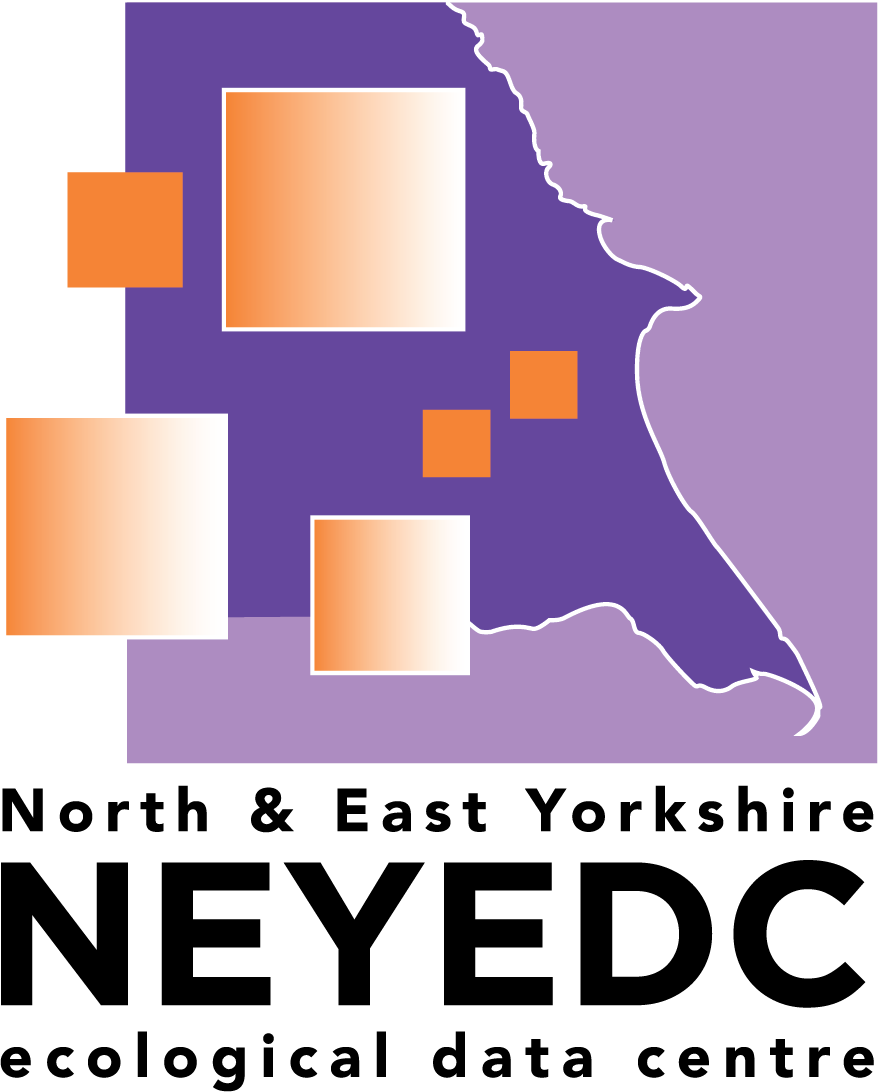ALERC Conference 2024
On 17th October, half of the NEYEDC team made our way to Birmingham for the 2024 ALERC (Association of Local Environmental Records Centres) annual conference, on the theme of Raising Standards. As the first in-person event in 5 years, this year was a particularly great chance to network with our fellow LERCs and chat all things ecological data.
The day started with an introductory talk from ALERC, highlighting updates from the ALERC network since the 2023 conference. This included video and presentation updates from LERCs further afield (including the Manx Biodiversity Recording Partnership on the Isle of Man and records centres in the Channel Islands) who couldn’t join us in-person in Birmingham.
Feedback back from the third workshop session.
The rest of the morning was held in workshop format, with two sessions where attendees could choose from 4 different options in each timeslot. In the first session, our Technical Ecological Data Officer Josie, who leads on our Ancient Woodland Inventory update (and helped organise the conference!) led one of the morning sessions focused on this project and the experiences of different LERCs in completing this piece of work. Meanwhile, Mark, our Operations Manager, led a session on regional data service agreements, informed by our work leading the YEDN (Yorkshire Environmental Data Network) where we collaborate with colleagues in Doncaster, West Yorkshire, Sheffield, and Rotherham to deliver agreements and complete other regional work. Lucy and Seebra attended the last two sessions on ‘Pushing for Use of ‘Real Data’’ held by NFBR and GiGL, and ‘Training and Knowledge Exchange’ led by Keiron Brown of the Biological Recording Company and Doyin Adeleye from ALERC.
At the Real Data session, NFBR introduced the goal, working alongside ALERC, to launch a campaign for the use of ‘real data’ in light of the increase in data gleaned from models, AI, and other techniques where data may not have been ‘ground-truthed’ or standardised. The discussion was varied and interesting, questioning how we actually define ‘real data’ and the validity of different ways of gathering data such as satellite imagery and remote sensing, in light of the fact that we are unlikely to have the people and cost resource to collect large-scale datasets using traditional methods. This transitioned into a discussion on whether the real question was not about the methods of data collection or generation, but about the value of communicating LERCs as a definitive, professional source of reliable data and raising LERC profiles within statutory bodies and organisations.
The next four sessions covered IT and tech (off the back of the development of an ALERC Technical Group), Local Wildlife Sites, a National LERC Habitat Database, and the City Nature Challenge. With multiple NEYEDC staff already part of the Technical Group, a new rolling survey of Local Wildlife Sites in Yorkshire and two years of Hull City Nature Challenge under our belts, these sessions were a particularly good opportunity for us to share our experiences and resources and connect with LERCs developing similar systems and projects.
After lunch, all attendees joined together for a presentation on ‘Who, What, Where and When Next?’, identifying what we need to do as a network to raise standards within and outside of our ALERC. The workshop that followed saw us break into smaller groups to discuss possible solutions to the challenges identified in the presentation, including responsibilities that working groups or other LERCs could take on to free up ALERC Coordinator time to dedicate towards in the issues that are most important to the network, thus collectively raising standards. In the final group session, these discussions were fed back to the wider group.
The NEYEDC team had a brilliant day, taking the opportunity to catch up and collaborate with LERCs far and wide and exchange knowledge within and outside of the organised sessions. In the day-to-day, LERCs often function very independently from one another as is the nature of our structure, so chances to gather and discuss issues specific to our lines of work are always valued. We’re already looking forward to the 2025 conference!
NEYEDC is an ALERC accredited LRC


